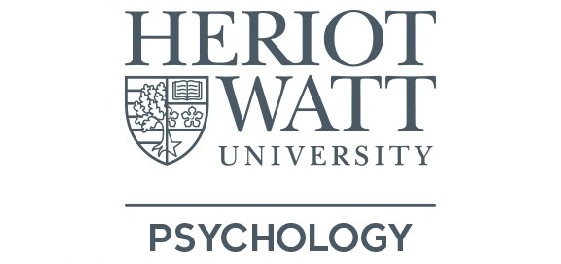
Can information and complexity theory help predict the reproducibility of published findings?
Daniele Fanelli (Heriot-Watt University)
One of the fundamental challenges of Metascience, i.e. the field of research-on-research, is to identify and correct factors that hamper the ability of researchers to successfully replicate previously published experiments. Complexity may be an important predictor of reproducibility, and information theory may be the key to factoring complexity into metascientific predictions. In this talk, I will overview the limitations of current evidence and understanding of reproducibility, introduce a methodology that I developed that may help overcome such limitations, and discuss preliminary results of studies that applied this methodology to data from the Brazilian Reproducibility Initiative.
In-person: Mary Burton Building (MBG20), Heriot-Watt University, Edinburgh; Online: click ‘Join via MS Teams’.

